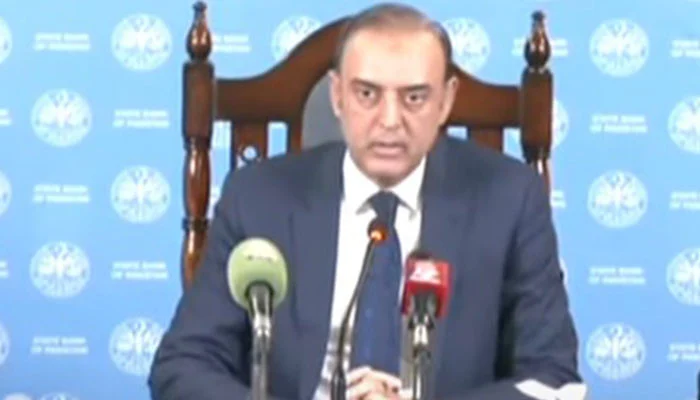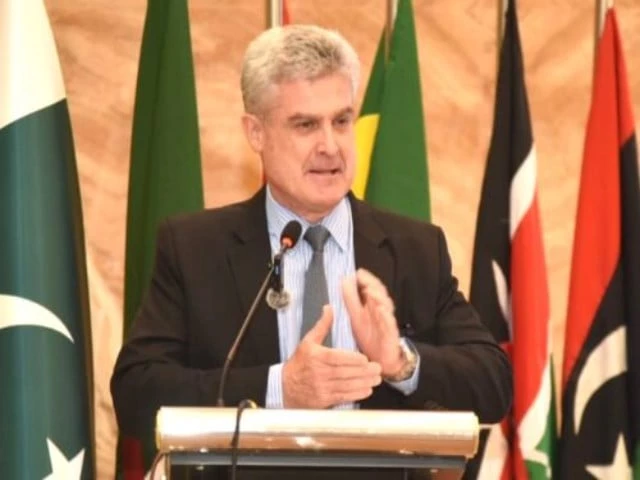The State Bank of Pakistan (SBP) cut its key policy rate by 100 basis points to 12% on Monday, the governor told reporters, for a sixth straight reduction since June as the country attempts to revive business and economic sentiment amid easing inflation.
The central bank has been reducing interest rates since June 2024, slashing a total of 1,000 basis points from the record high of 22%.
This marks one of the most aggressive rate-cutting campaigns among emerging markets, surpassing the 625 basis points cut during the COVID-19 pandemic in 2020.
The SBP Monetary Policy Committee (MPC) in a statement said the impact of this significant reduction in the rate since June 2024 will continue to unfold and further support economic activity.
The committee noted that inflation continued to trend downward in line with expectations, reaching 4.1% year-on-year in December.
“This trend is driven by moderate domestic demand conditions and supportive supply-side dynamics, amidst favorable base effect,” the SBP said in its statement.
It said the Inflation was expected to come down further in January before inching up in the subsequent months, noting that core inflation, while continuing to ease, was still at an elevated level.
Consumer inflation rate slowed to an over 6-1/2-year low of 4.1% in December, largely due to a high year-ago base.
That was below the government’s forecast and significantly lower than a multi-decade high of around 40% in May 2023.
“At the same time, high frequency indicators continued to show gradual improvement in economic activity,” it added.
The MPC assessed that , according to the statement.
Pakistan’s economy grew by 0.92% in the first quarter of the fiscal year 2024-25 which ends in June, according to data approved by the National Accounts Committee, and released by its Statistics Bureau in December.
The committee noted: “First, real GDP growth in Q1-FY25 turned out slightly lower than the MPC’s earlier expectations. Second, the current account remained in surplus in December 2024, though the SBP’s foreign exchange reserves declined amidst low financial inflows and high debt repayments.”
“Third, despite a substantial increase in December, tax revenues remained below target in H1-FY25. Fourth, global oil prices have exhibited heightened volatility over the past few weeks.
“And lastly, the global economic policy environment has become more uncertain, prompting central banks to adopt a cautious approach,” the statement said.



